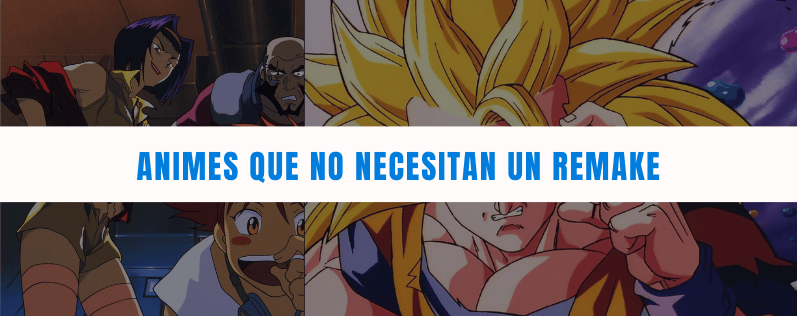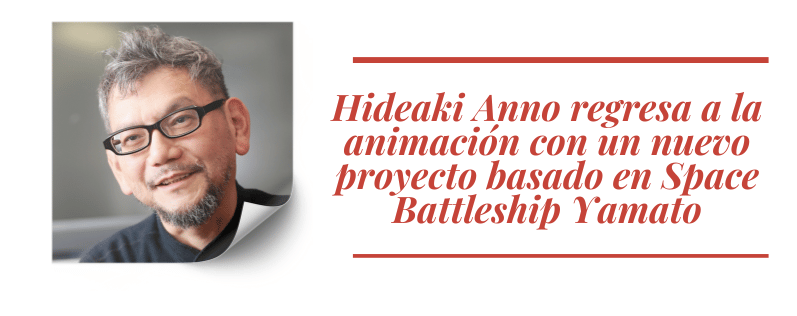Anime remakes are not working!

Anime remakes aren't working! Why aren't they meeting expectations?
Nostalgia and its Double Edge
In recent years, the anime industry has been betting on reviving classic series to attract both old fans and new audiences. However, this trend has generated divided opinions among fans. While some celebrate the return of their favorite stories, others feel that the remakes fail to capture the original essence.
Changes in Visual and Animation Style
One of the most debated points is the updated character design and animation styles. For example, in the remake of "Ranma 1/2", although a large part of the original voice cast was kept, some fans expressed that "the visual atmosphere is not the same". These modifications, while seeking to modernize the look, sometimes alienate those who long for the classic style.
Receiving Recent Remakes
"Dragon Quest: Dai no Daibouken"
This remake featured high-quality animation; however, some fans noted that certain main voice actors were not up to par, and the music, including the opening and closing songs, was disappointing. In addition, the associated mobile game was quickly cancelled due to its poor reception, which affected the overall image of the project.
"Grendizer U"
The modern redesign of the characters in this remake generated divided opinions. Some appreciated the update, while others felt it strayed too far from the original essence, describing it as "too generic".
Factors Influencing the Perception of Remakes
- Fidelity to the Original MaterialFans expect remakes to respect the essence of the stories and characters they love. Significant alterations can generate discontent.
- Production QualityAnimation, music and voice acting must be up to par or surpass the original. Deficiencies in these aspects can overshadow the project.
- Cultural RelevanceSome themes or styles that worked in the past may not resonate with today's audiences, making the remake feel dated.
Frequently Asked Questions
1. Why do studios choose to remake instead of creating original content?
Remakes offer a pre-existing fan base, which reduces financial risk. They also make it possible to revitalize franchises and introduce them to new generations.
Have all anime remakes failed to attract new audiences?
Not all. Some, like "Fullmetal Alchemist: Brotherhood," have been successful in balancing fidelity to the source material with improvements in animation and storytelling.
What can studios do to improve the reception of remakes?
Involving the original creators, listening to fan feedback and ensuring that updates respect the essence of the work can contribute to a better reception.
I believe that anime remakes have the potential to revitalize beloved stories, but they must be approached with care. It is essential to respect the essence of the original material while incorporating improvements that resonate with today's audiences. Transparent communication with fans and attention to detail can make the difference between a successful remake and one that goes unnoticed.
Conclusion
The trend of producing anime remakes reflects both a commercial strategy and a tribute to classic works. However, the success of these projects depends largely on how fan expectations and production quality are managed. Balancing nostalgia with innovation is key for remakes to not only appeal to past generations, but also capture the interest of new audiences.
For more reviews and news about the world of anime, don't forget to visit our blog!




Responses